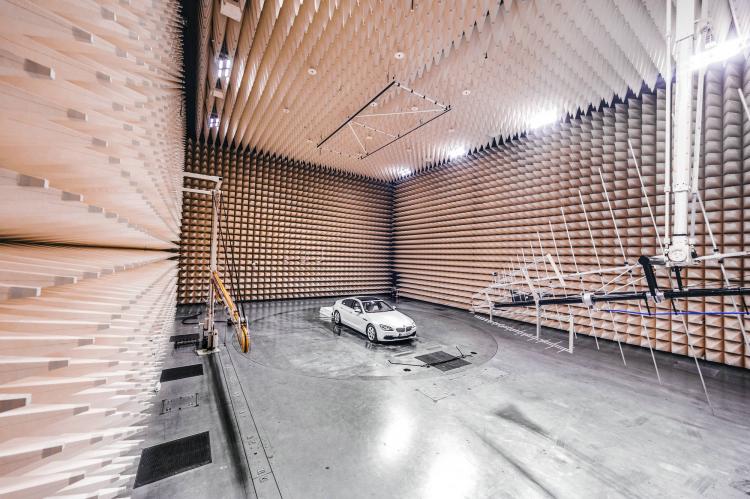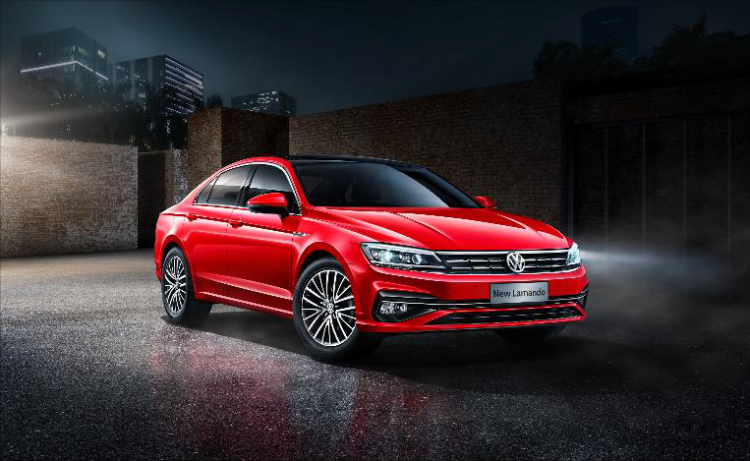According to the recently released financial data of the BMW Group for 2019, calculated according to the new International Financial Reporting Standards, the annual research and development expenses amounted to 5.952 billion euros, an increase of 11.9% year-on-year. This means that since 2015, the BMW Group’s annual R&D investment has exceeded 5 billion euros for five consecutive years (as shown in the figure below). Despite the many challenges facing the overall market, the BMW Group’s determination to invest in innovation and the future remains unchanged.
In addition to accelerating the launch of new models, especially new energy models, and strengthening the modernization and flexible production capacity of the global production network, the continuous high R&D investment also focuses on future-oriented innovation fields such as electric mobility, automation, and digitalization. To this end, the company has created a comprehensive research and development network to keep an eye on the pulse of the market. The BMW Group Research and Innovation Center (German Forschung und Innovation Zentrum, FIZ for short), the Autonomous Driving Research Center and the Battery Technology Center in Munich all occupy important positions in the research and development of future mobility.
The BMW Group Research and Innovation Center is one of the most advanced R&D centers in the world. It is the birthplace of BMW Group’s innovation and a key bridge between the group’s technical and creative R&D activities: from product development and manufacturing processes to engines and new energy drives. Forms, innovative materials, future mobility concepts, electric mobility and autonomous driving, etc., provide strong technical support for all brands and models of the group. The BMW Group launched an expansion plan called “FIZ Future” in 2017. The first phase invested 400 million euros and was completed in 2019. Next, it plans to create workspaces for 15,000 people by 2050 for future research and development. Provide strong support.
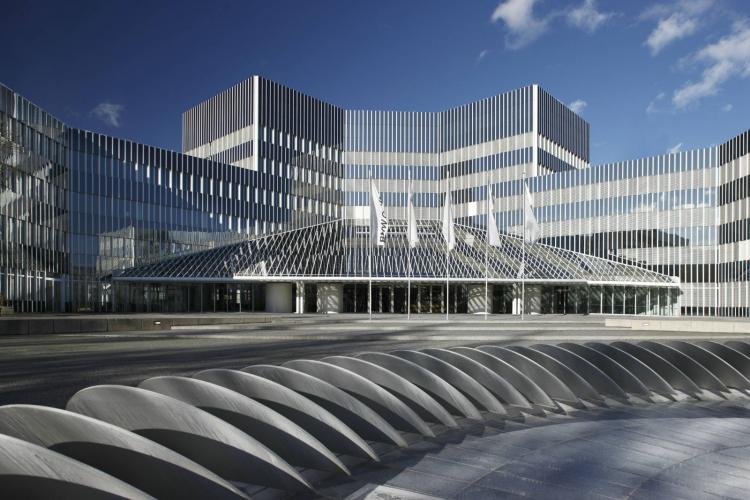
China is the pioneer market and innovation center for the BMW Group to promote future mobility. At present, the BMW Group has completed the new upgrades of the three major R&D centers in Beijing, Shanghai and Shenyang, and built the largest R&D network in China outside of Germany, covering cutting-edge fields such as new energy vehicles, autonomous driving, intelligent interconnection, digital services and design. From “Made in China” to “Created in China”, research and develop travel technologies and products that meet the local market.
Battery technology center, creating tailor-made battery solutions
In November 2019, the BMW Group Battery Technology Center with an investment of 200 million euros was officially put into use to promote the development of BMW Group’s battery technology and promote the application of relevant research results to the production process. Here, BMW has brought together many years of experience and knowledge in battery cell research and development to further strengthen its leading position in the field of electrification. Take the current battery cell used by the BMW i3 as an example. By 2030, BMW plans to double the energy density of the battery cell, thereby providing customers with twice the pure electric cruising range with the same volume of battery.
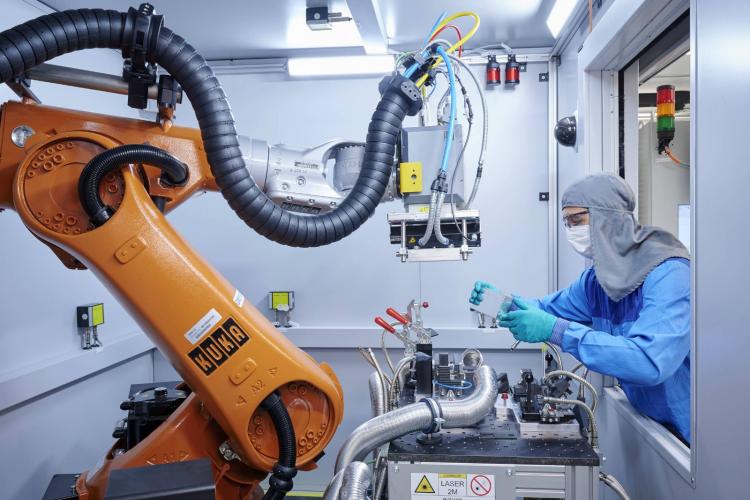
The research work of the BMW Group Cell Technology Center covers the entire value chain of cell technology, including preliminary research and development, cell structure and design, whether it is suitable for mass production, and battery recycling. R&D personnel from different departments can achieve complete, transparent and sustainable cell development through convenient, frequent and all-round cooperation.
Autonomous driving research and development center, leading the way to autonomous driving
The BMW Group Autonomous Driving R&D Center near Munich, Germany, covers everything from software development to road testing, thus providing comprehensive support for the eventual realization of fully autonomous driving (level 5).
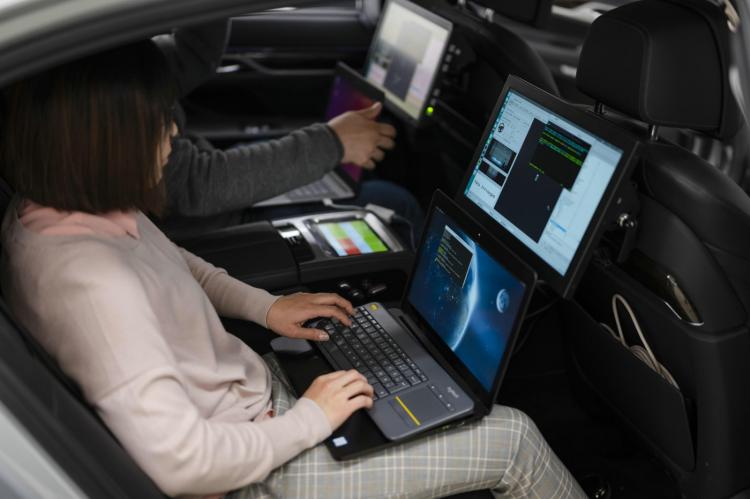
In terms of autonomous driving, the BMW Group adopts a “data-driven research and development” strategy. Autonomous driving is highly dependent on large amounts of data and will generate a large amount of data itself. A few kilometers away from the autonomous driving R&D center, the BMW Group will establish a high-performance data-driven development platform in early 2019. It will collect actual road driving data through the autonomous driving test fleet and conduct simulation tests based on valid data to ensure full consideration in the development of autonomous driving. Variety of actual driving. In July 2019, BMW announced to cooperate with Tencent to establish the BMW Group China high-performance data-driven development platform, which will help BMW develop autonomous driving technologies and products that are more in line with the local market according to China’s actual needs.
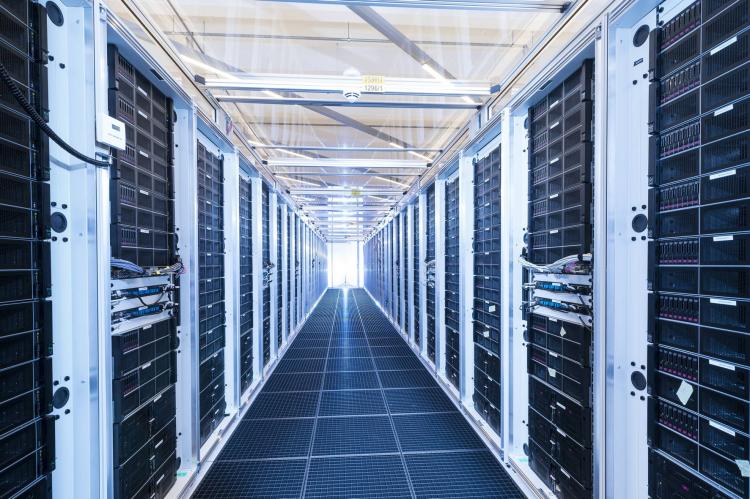
In addition, the BMW Group’s autonomous driving virtual simulation laboratory has started construction in August 2018 and is expected to be put into use this year with a total investment of 100 million euros. The virtual simulation laboratory can test the same driving scenario repeatedly, or test scenarios that are rare or dangerous in reality. With the development of autonomous driving systems, its technical requirements will become increasingly complex, and the autonomous driving virtual simulation laboratory can help BMW Group better cope with the development in this field.
Electromagnetic Compatibility Laboratory, Escorting the Digital Future
The BMW Group has two Electromagnetic Compatibility Laboratory (EMC) absorption halls for testing the electromagnetic compatibility of all systems in a vehicle. The laboratory not only provides reproducible experimental conditions, but also simulates dynamic driving situations, so that potential interactions between different electronic systems and auxiliary functions can be simulated based on real-world driving conditions. The laboratory tests about 450 vehicles every year to ensure that BMW Group products can still provide customers with excellent quality and comprehensive reliability in the face of increasingly difficult electromagnetic compatibility challenges.
